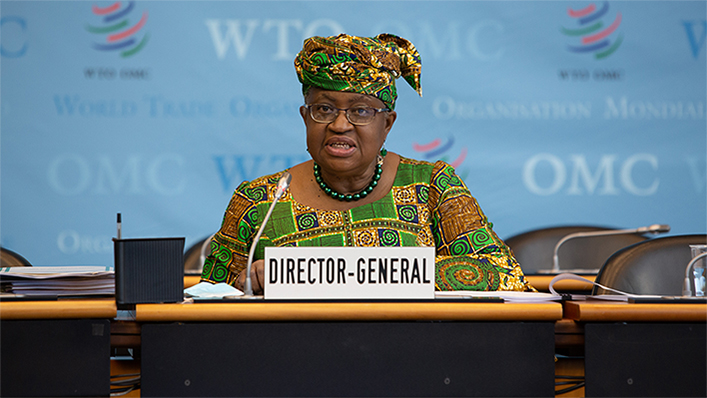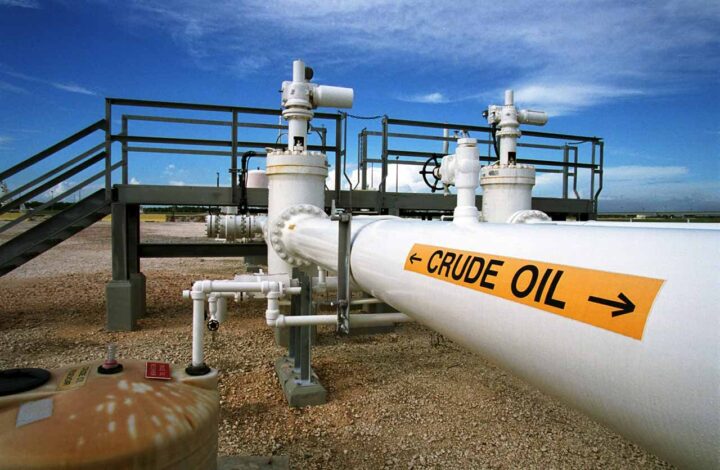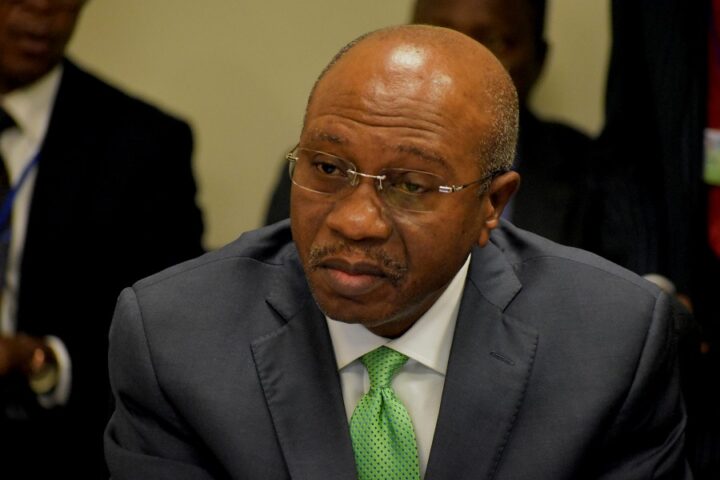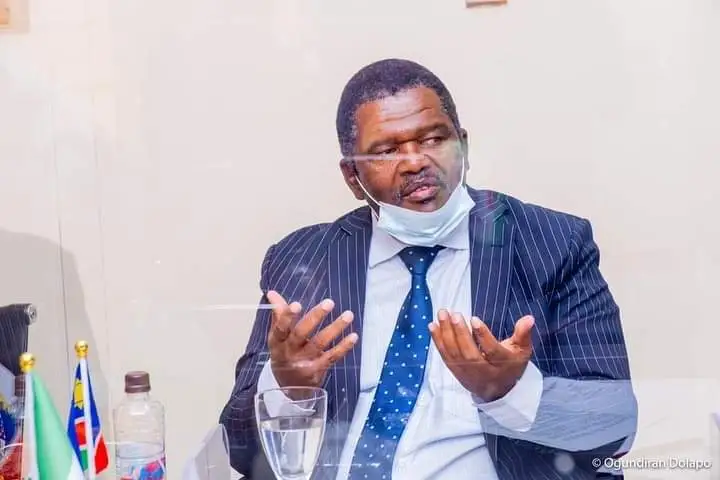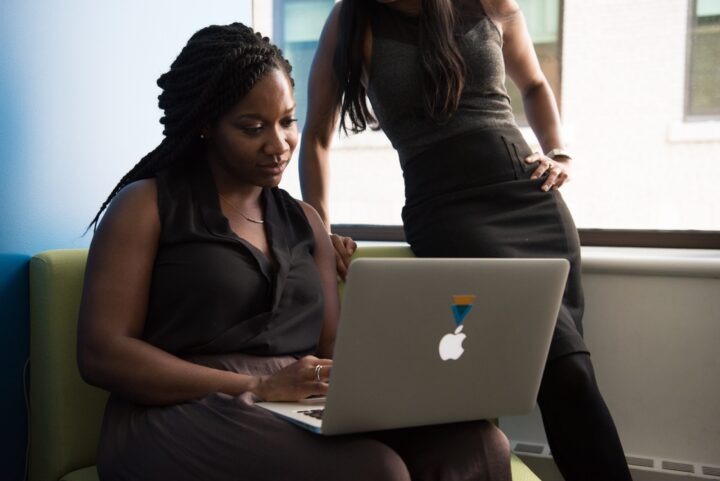Ngozi Okonjo-Iweala, director-general of the World Trade Organisation (WTO), has urged governments and business leaders to come together to address the multiple crises facing the global economy.
According to a statement posted on the WTO’s website on Monday, the DG spoke at the recently held World Economic Forum (WEF) in Davos.
At a session focusing on financing resilient economies, Okonjo-Iweala said no single country can resolve its challenges on its own.
“You cannot have resilience unless you have global solidarity,” she told the participants.
Advertisement
“It’s survival together, it’s supporting each other, it’s financing together, it’s recognizing that my resilience cannot happen unless your resilience also happens.”
Okonjo-Iweala told participants that after World War II, world leaders created a set of institutions based on the idea of solidifying international interdependence and solidarity and using the institutions to solve problems of the global commons.
She said through multilateral institutions such as the WTO, countries can work together to solve their problems.
Advertisement
She explained that the WTO can play a role in helping to tackle pressing issues such as growing food insecurity, the COVID-19 pandemic, climate change, supply chain disruptions and dwindling fisheries resources.
“We have the institutions, we just have not reformed them to be able to deal with these issues, and my institution, the WTO, is one that I think needs to be made fit for purpose,” she said.
Okonjo-Iweala said climate change should not be sidelined as the world grapples with other immediate challenges.
“The consequences of inaction are in front of us every day, on every continent, in so many countries,” she said.
Advertisement
“It’s true that we’re in a world of simultaneous crises, climate change, food, the pandemic, international security, but I don’t think we can prioritize one over the other because they’re all linked, they’re all crises of the global commons.”
She said an effective response requires significant financial commitments, which is something many poorer countries lack as they grapple with food shortages and the pandemic.
“Developed countries had promised that, to tackle climate change, there would be US$ 100 billion per year to help poor countries meet their costs. That hasn’t been done,” she said in reference to the commitment made at the 2009 United Nations climate summit in Copenhagen.
“There are no excuses on this.”
Advertisement
